Graham Reid | | 2 min read
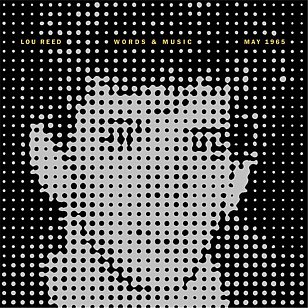
Anyone who has heard the audition tape the Beatles did for Decca Records on January 1, 1962 isn't surprised at the label's Dick Rowe turning them down.
He might not have said “groups of guitarists are on their way out” as the band's manager Brian Epstein would later say. Rowe signed Brian Poole and the Tremeloes at the time.
But the Beatles' tapes, a ramshackle selection of covers and a few originals, didn't suggest a band with any promise.
Juvenilia or songs recorded before artists hit their stride – David Bowie's Laughing Gnome and Rubber Band among them – are usually of historical rather than musical interest.
That, with a few exceptions, is the case with this collection of Lou Reed's “copyright tape” – raw acoustic recordings to ensure ownership – where attention immediately alights on those few which became Velvet Underground cornerstones.
But here too is the peculiar Men of Good Fortune, a woman's bleak Appalachian ballad with wheezy harmonica. Reed sounds like he's auditioning for a Pete Seeger session.
Tellingly, on the expanded vinyl version Reed covers Dylan's Don't Think Twice It's Alright. It's hard to get excited about throwaways like Too Late or the comedic, sub-Dylan Buttercup Song and Walk Alone either.
Hearing just these songs any record executive at the time – when Dylan was on fire – might have observed “folk singers with guitars are on their way out”.
But Reed had something else in his armoury, as heard on the demos of I'm Waiting for the Man, Heroin and others which would be transformed – with some lyrical adjustments -- into more dramatic interpretations for the Velvet Underground album (with singer Nico).
This was dark literary and gritty realism transported from film-noir and cheap crime novels into popular music. Most of the elements of Heroin are in place although Waiting for the Man in two versions with John Cale, is delivered as an Everly Brothers-like jaunt with Cale in one version answering, “Hey white boy, what you doin' uptown?” like some English aristocratic fop: “Oh, pardon me, sir. Nothing could be further from my mind . . .”
Here too though is the lovely Pale Blues Eyes, recorded by Velvet Underground four years later, in its nascent state as more cold and bitter break-up song.
Although casual listeners associate Reed/Velvet Underground with their darkest songs, Reed was also capable of a languid, melancholy beauty as on the funereally paced and minimalist, eight minute Wrap Your Troubles in Dreams sung by John Cale. It later appeared on Nico's solo debut Chelsea Girls, ironically a song sharing its title with a swinging ballad familiar from a Bing Crosby version in the Thirties and Frank Sinatra in the Fifties.
Aside from the R'n'B pop of Buzz Buzz Buzz and Stockpile, these demos are startling different from other Reed pre-Velvets doo-wop and pop songs available. When he is serious we hear Reed in the transition from journeyman songwriter to a fully formed artist two years later.
Ultimately, as with most collections of demos however – like Pete Townshend's Scoop series – Words and Music, 1965 will be of most interest to slavish fans of Reed and the Velvet Underground.
.
The single album edition of Words and Music, 1965 is available now at Spotify here

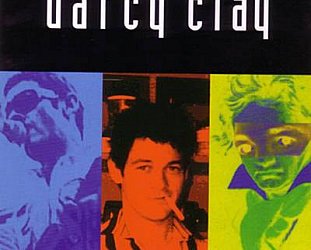
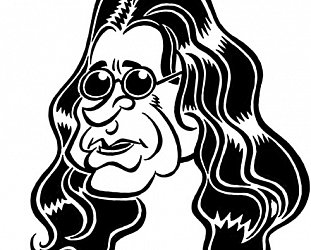
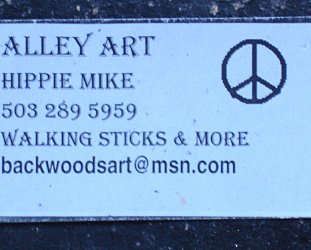
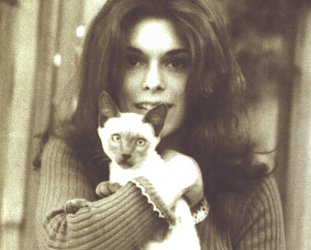
post a comment